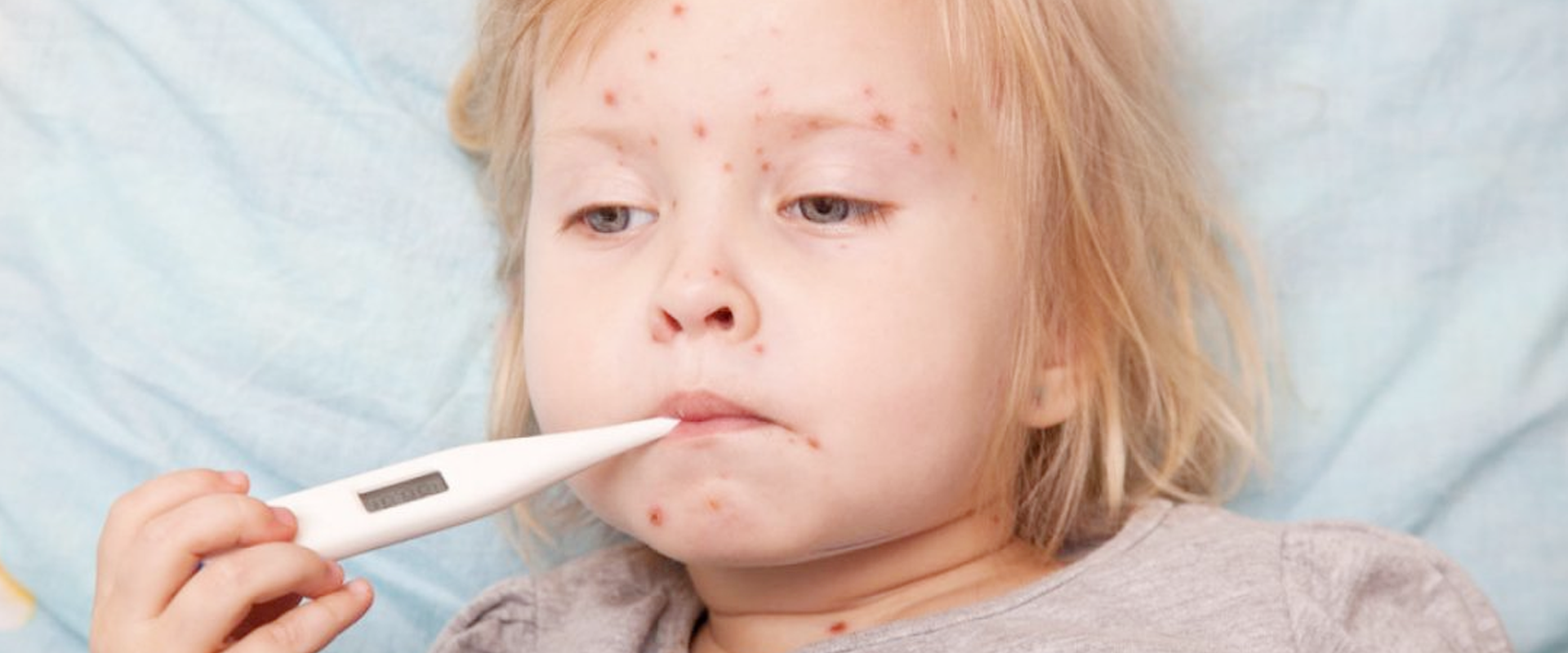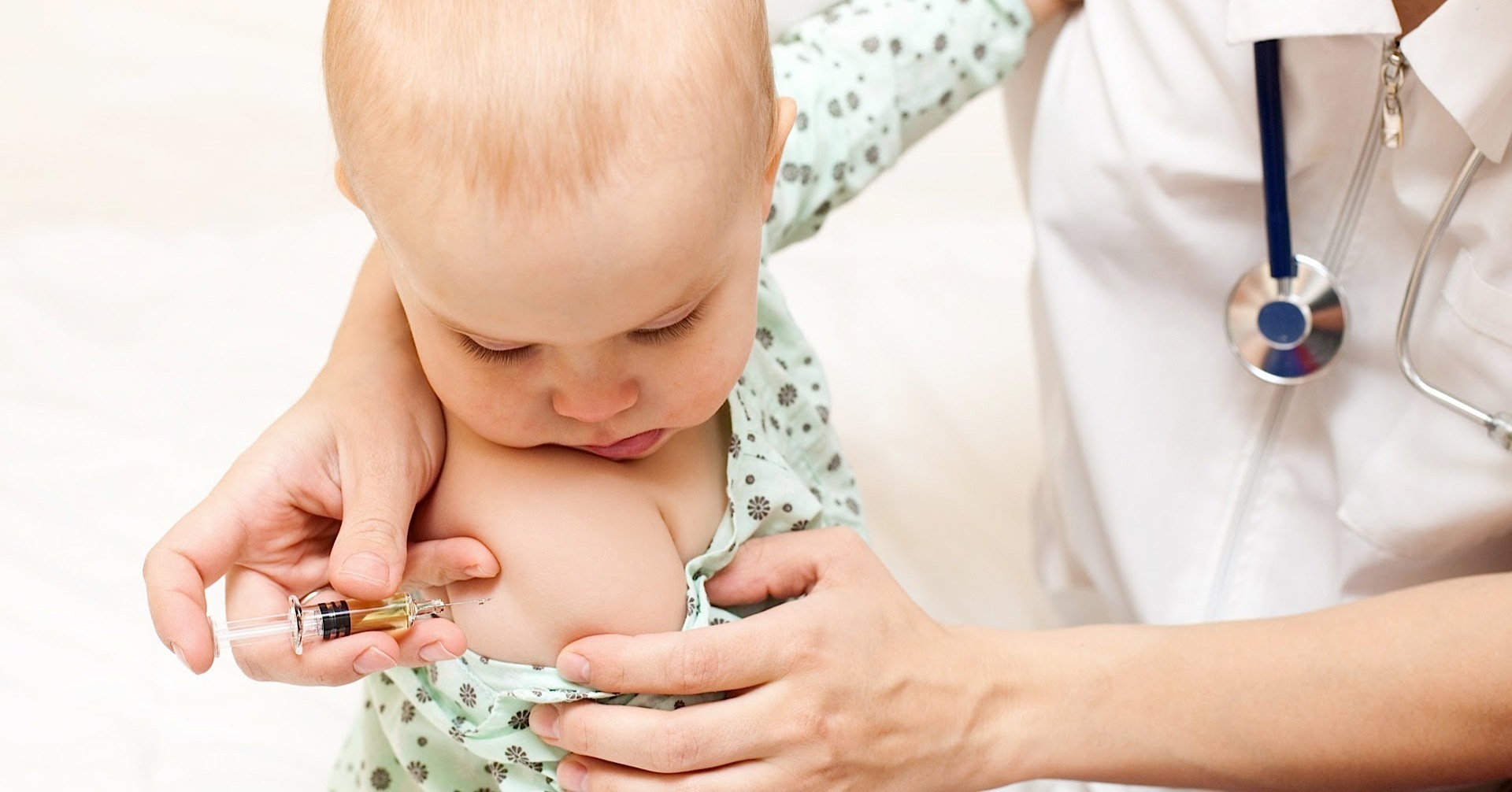Chickenpox / Varicella
“Doctor, do I need to inject chickenpox vaccine?”
“Doctor, isn’t it better letting chickenpox’s blisters to form?”
“We have had chickenpox before, yet we are still healthy now!”

These are common questions that raised by public when visiting doctors. However, there is no right or wrong answers. In Malaysia, chicken pox vaccine has not been included in the National Immunisation Schedule. Therefore, it does not belong to those types of vaccines that require mandatory injections.
Does this mean that chickenpox is not serious disease, and everyone does not have to worry about it? This is not necessarily a correct understanding.
Chickenpox is an extremely common infectious disease in our country. It is caused by “varicella-zoster” virus, one of the herpes viruses. The chicken pox disease itself may be relatively mild and after recovery, generally patients are not re-infected. Nevertheless, varicella-zoster virus can stay latent in the body’s nervous system, and it causes the unbearable shingles in the later period.
The chickenpox virus is highly contagious and can be transmitted through droplets or air. In addition, it can also be spread through direct or indirect contact with blisters or shingles patients with blister fluids or mucosal secretions. Therefore, it is extremely common for every household member living under the same roof to be infected by chickenpox, on one by one sequence. A random cough or sneeze, the virus can spread.
The chickenpox incubation period is generally 14 to 16 days, sometimes up to 3 weeks. Patients often have fever symptoms, and rashes will appear gradually in 2 to 5 days. The chickenpox rash initially appears on the head and then spreads to the trunk and limbs. These rashes are called pimples in the early stages, and then form blisters. The blisters will last for about a week and then dry. Patients usually take 2 to 4 weeks to recover. The chickenpox infection period is not contagious until 5 days before the onset of rash, until complete crusting.

Some patients will have
secondary bacterial infections
Although chickenpox is a relatively minor disease and has self-limited healing periods, some patients are at risk of secondary bacterial infections. Patients under one-year-old with weaker resistance and pregnant women are more likely to suffer from serious complications such as meningitis or bacterial pneumonia, and their illness will be relatively serious and even endanger their lives. The symptoms of chickenpox infection in adulthood are also more serious, of which the hospitalisation rate is 3 to 4 times compared to children. Pregnant women who contract chickenpox 20 weeks before pregnancy may cause certain congenital defects such as limb deformations, local muscle atrophy, and microcephaly. Elderly people can also get neuropathic pains after contracting shingles (herpes zoster).

Only drugs relieving symptoms are available on the market
Although antiviral drugs are currently available on the market to treat chickenpox, they can only relieve symptoms and reduce the risk of complications. Patients who are infected still experiencing discomforts and pains during the progress of disease. In fact, the most effective approach is to receive chickenpox vaccination. In particular, it is recommended that chickenpox vaccine to be used during early childhood. This will not only prevent chickenpox and its complications, but also prevent shingles (herpes zoster) from appearing in adulthood.
All in all, getting infection of chickenpox, yet remaining healthy is by no means a certain outcome. Whether or not to receive chickenpox vaccine is also a matter of personal choice. In view of presence of choice, not getting chickenpox infection is still deemed a better option after all.





